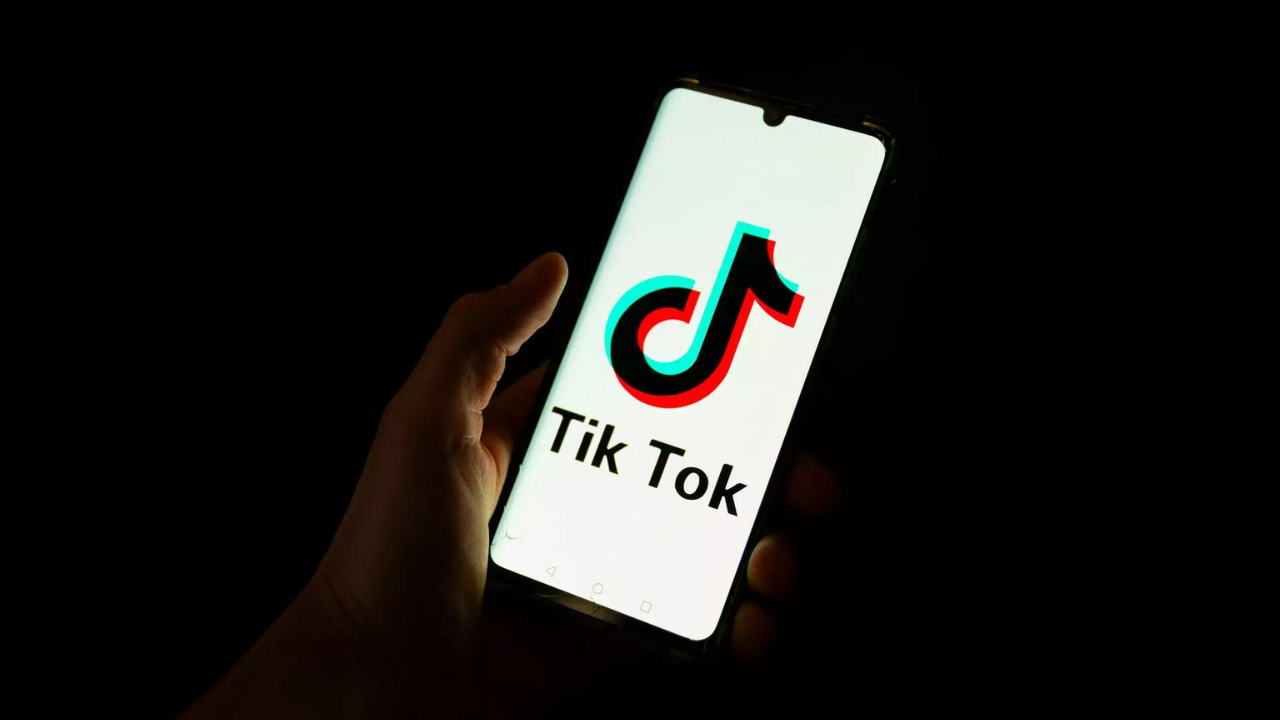LONDON: TikTok said Wednesday that it’s halting a feature on its new app rewarding users in Europe for watching videos, after facing pressure from regulators worried about its addictive features.
The company backed down days after the European Union warned that the TikTok Lite app might have breached the 27-nation bloc’s digital regulations when it launched earlier this month. The EU’s executive Commission threatened to order the suspension of features that pose a risk to kids.
“TikTok always seeks to engage constructively with the EU Commission and other regulators,” it said in a post on social media platform X. “We are therefore voluntarily suspending the rewards functions in TikTok Lite while we address the concerns that they have raised.”
TikTok Lite, which was rolled out in France and Spain, is a slimmed-down version of the main TikTok app that lets users earn rewards. Points earned by watching videos, liking content and following content creators can then be exchanged for rewards including Amazon vouchers and gift cards on PayPal.
EU officials warned earlier this week that TikTok could face an order as early as Thursday to suspend the reward features. They had demanded the company turn over information about the app, including a risk assessment that should have been carried out before the app was rolled out, under threat of hefty financial penalties.
“Our children are not guinea pigs for social media,” European Commissioner Thierry Breton said in a social media post responding to the announcement.
He noted that main TikTok app faces EU scrutiny in the form of a separate ongoing in-depth investigation into its compliance with the bloc’s Digital Services Act. Brussels is examining whether TikTok is doing enough to curb “systemic risks” stemming from its design, including “algorithmic systems” that might stimulate “behavioral addictions.” Offices are worried that measures including age verification tools to stop minors from finding “inappropriate content” might not be effective.
The company backed down days after the European Union warned that the TikTok Lite app might have breached the 27-nation bloc’s digital regulations when it launched earlier this month. The EU’s executive Commission threatened to order the suspension of features that pose a risk to kids.
“TikTok always seeks to engage constructively with the EU Commission and other regulators,” it said in a post on social media platform X. “We are therefore voluntarily suspending the rewards functions in TikTok Lite while we address the concerns that they have raised.”
TikTok Lite, which was rolled out in France and Spain, is a slimmed-down version of the main TikTok app that lets users earn rewards. Points earned by watching videos, liking content and following content creators can then be exchanged for rewards including Amazon vouchers and gift cards on PayPal.
EU officials warned earlier this week that TikTok could face an order as early as Thursday to suspend the reward features. They had demanded the company turn over information about the app, including a risk assessment that should have been carried out before the app was rolled out, under threat of hefty financial penalties.
“Our children are not guinea pigs for social media,” European Commissioner Thierry Breton said in a social media post responding to the announcement.
He noted that main TikTok app faces EU scrutiny in the form of a separate ongoing in-depth investigation into its compliance with the bloc’s Digital Services Act. Brussels is examining whether TikTok is doing enough to curb “systemic risks” stemming from its design, including “algorithmic systems” that might stimulate “behavioral addictions.” Offices are worried that measures including age verification tools to stop minors from finding “inappropriate content” might not be effective.

